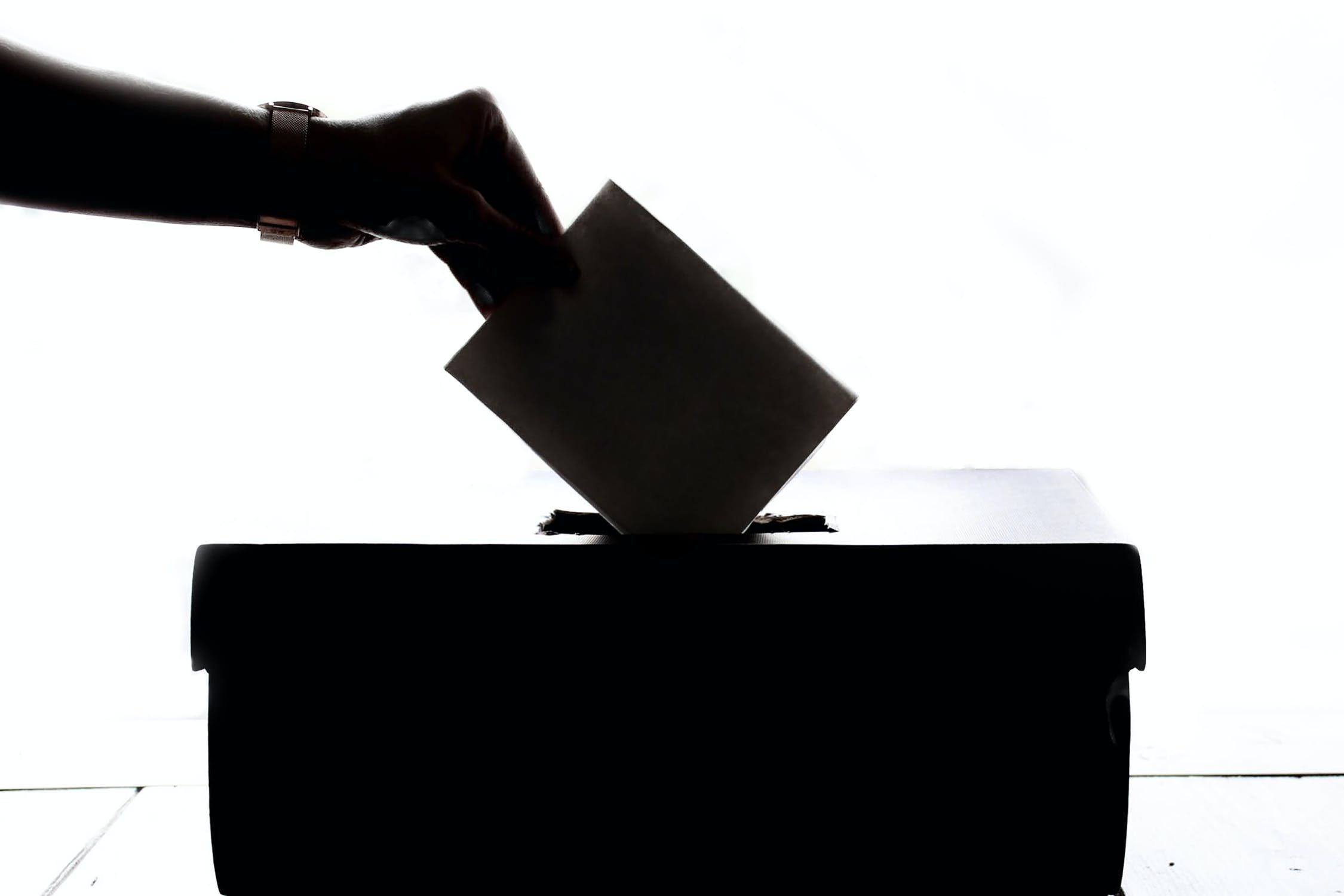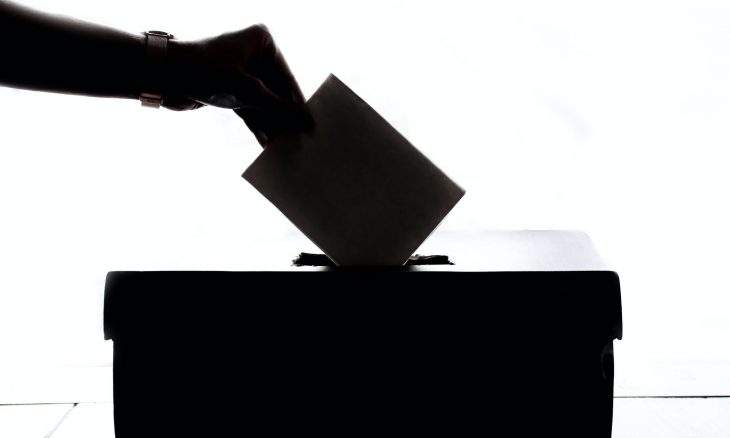Election Integrity: Who’s Watching the Vote?

Can anyone walk in a polling place on election day and say, “I’m here to observe?” In most states, with few exceptions, the answer is “no.”
Election observers, also known as poll watchers, are volunteer individuals often appointed by a candidate or by a political party, to observe the election process, whether at polling places or as ballots are reviewed and counted. Each state has its own laws regarding what watchers may and may not do, what qualifications they must meet, what training they must have, who can appoint them, and how many can serve at a given location.
Poll watching became controversial in the 2020 presidential election, and as of April 15, 2021, state legislators had introduced at least 40 bills in 20 different states that would expand the power of poll watchers.
Watching over the voting—or counting—process gives poll watchers the right to report on inconsistencies, flag election violations, and challenge the authenticity of voters.
Article 1, Section 4, of the U.S. Constitution gives state legislatures the responsibility for determining how elections are to be held, including federal elections. The 14th Amendment to the Constitution provides that “no state shall make or enforce any law which shall abridge the privileges… of citizens of the United States,” and the 15th Amendment provides that citizens’ rights to vote shall not be denied or abridged on account of race, color, or previous condition of servitude.
The Voting Rights Act of 1965, as amended, gives the U.S. Attorney General the responsibility for enforcing the rights guaranteed under those Constitutional amendments.
Several years ago, the National Council of State Legislators and the Carter Center teamed up to look at the issue of election observers and why they are essential. Avery Davis-Roberts from the Carter Center said, “Election observation helps to strengthen election processes by providing information and recommendations to hard-working and over-stretched election administrators as the election unfolds.” She pointed out that observation regulations vary greatly across jurisdictions, and having clearer rules would help “institutionalize trust and good communication between observers and election administrators.”
Since the 2020 election, political parties and nonpartisan organizations have stepped up poll watching with the hope of creating more confidence in the process for voters. Among other things, they have sought state legislation to ensure greater transparency in elections, safeguarding voters and preventing “trickery.”
Despite the rhetoric that followed the 2020 election, the law is clear, and voters should know they are protected from those who would stand apart from the polling places with the intention of intimidation. A Brennan Center report details exactly how voter intimidation and discrimination are outlawed. For example, openly carrying guns in a polling place is illegal in most of the country.
Voters going to the polls in 2022 should do so confidently. Plans for voter safety are proceeding, poll watchers are being trained. And voters and voting are protected by law.
In ancient Israel, watchmen were important to maintaining a peaceful and civilized society. In Isaiah 21, you read, “For the Lord said to me: ‘Go, set a watchman; let him announce what he sees. When he sees riders, horsemen in pairs, riders on donkeys, riders on camels, let him listen diligently, very diligently” (verses 6-7).
With a watchman, the people were alerted to anything amiss that was happening. So it is with election poll watchers, ensuring the integrity of the process.
How then should we pray?
- For the individuals who have volunteered and been designated to work as election observers.
- For voters to cast their ballots with confidence and a sense of civic duty.
- For the states that have enacted laws to boost the responsibilities and roles of the poll watchers.
- For election officials to preserve and protect the integrity of the 2022 midterm elections.





